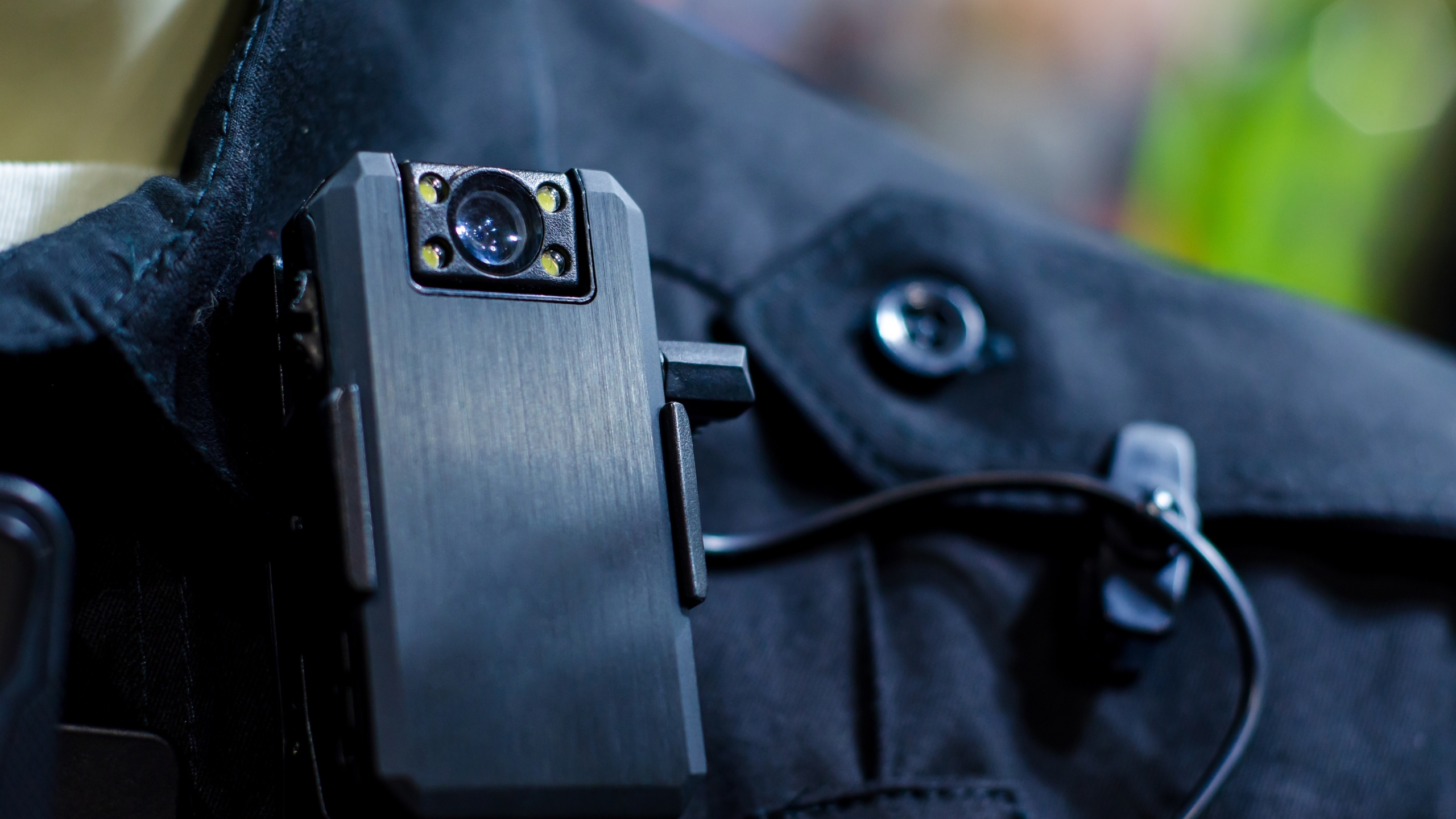|
Getting your Trinity Audio player ready...
|
It has been six years since Troy police beat Angela Williams’ then-17-year-old son into submission during an arrest, and she still hasn’t seen all of the footage from the incident.
The use of force against the teen, Ulysses Wilkerson III, brought national attention to the city as photos of Wilkerson’s engorged face gained traction on social media. Williams and others demanded the city release the footage of the incident, including a large rally outside the Troy police station.
According to court documents, Williams and her attorney, Julian McPhillips, finally reviewed some footage nearly four years later during a mediation process— under the condition that Williams and McPhillips would not be provided a copy of the recording and that the contents of the recording could not be made known to the press.
A source on the grand jury that decided not to indict the Troy police officers involved told APR the footage wasn’t even shown during the grand jury session
Williams told APR the two recordings she was shown fell short of the footage she has been seeking for so long.
“There’s three sides to this story: my son’s side, Troy’s side and the truth— which is in the video, the whole video,” Williams told APR.
Bill poised to pass Legislature codifies discretion for law enforcement agencies
A bill currently moving through the Alabama Legislature is designed to make it easier for people like Williams to obtain such footage, although it appears to leave discretion in the hands of law enforcement agencies.
HB289 by Rep. Juandalynn Givan, D-Birmingham, would establish a process for the subject of a law enforcement recording or a personal representative to submit a written request for such footage, and is only a Senate vote away from being sent to the desk of Gov. Kay Ivey.
Once the written request is submitted to the custodial law enforcement agency, they must either disclose the requested recording or notify the requester of the decision not to disclose the recording.
The bill specifies that “a custodial law enforcement agency may choose to not disclose the recording if the disclosure would affect an ongoing active law enforcement investigation or prosecution.”
It does not say that is the only reason in which a law enforcement agency can deny disclosure of the recording.
Agencies have often pointed to ongoing investigations as a reason not to disclose body cam or dash cam footage. But even after the investigation has closed, some law enforcement agencies have refused to give up the footage, claiming it is still an investigative material despite the closure of the investigation.
Givan said her initial bill two years ago was much broader, and included allowing footage to be released to media. The latest version of the bill allows law enforcement agencies to maintain discretion over whether to release footage. Media is not included in the exclusive list of recipients.
“I’ve said ‘Let’s try to get something enacted,’” Givan said. “We can go back and tweak as situations shift throughout the country. I’m pleased with the legislation. We have three legislative days left, and prayerfully we can at least get it out this year.”
The Alabama House passed the bill last week, and a Senate committee gave it a favorable report the very next day setting up one final vote on the Senate floor.
House Minority Leader Bobby Singleton, D-Greensboro, is carrying the bill.
Alabama Supreme Court decision turns Alabama law into “the Closed Records Act”
In 2021, the Alabama Supreme Court agreed in an 8-1 ruling with the theory that investigative privilege gives law enforcement agencies discretion over whether to release body camera and dash cam footage, even after the investigation has concluded.Chief Justice Tom Parker cast the lone dissenting vote.
“With one sweeping stroke, today’s decision spells the end of public access to law-enforcement records that are connected in any way to an investigation,” Chief Justice Tom Parker wrote in the dissent. “Hidden now from the public eye are body-cam videos, dashcam videos, 9-1-1 recordings, and anything else that is remotely connected to a crime or even potential crime. After today, as to law-enforcement agencies at least, the statute might as well be titled the Closed Records Act.”
The court’s decision came after the Lagniappe media outlet in Mobile sued the Baldwin County Sheriff’s Office for release of body cam footage of the fatal 2017 police shooting of Jonathan Victor. The agency refused to release the video despite the case being closed.
Just a few months earlier a judge released body camera footage of a Huntsville police officer fatally shooting citizen Jeff Parker. The city fought the release of the video, and had called the shooting a “good shooting.” However, a jury found the officer, William Ben Darby, guilty of murder.
District Attorneys, law enforcement have played role in crafting bill
During the two years that Givan has worked on this bill, it has been heavily reviewed by the attorney general’s office, district attorneys, sheriffs and chiefs of police.
Barry Matson, executive director of the Alabama District Attorneys Association, said the bill balances the important investigative function of the materials with transparency to the families and the public.
“Our goal is to make sure body cam or dash cam footage that is a part of an investigation is preserved and investigation integrity is preserved,” Matson said. “The victim and the defendant, that’s who we’re beholden to. That’s the bottom line, that’s who deserves to get answers first. Then it goes to the family, community and out from there. That’s our sacred obligation.”
Matson explained all the reasons that it is important for footage to remain protected during an investigation and trial. For example, withholding the footage from public consumption can help prosecutors cross-check witness testimony against the video to determine the accuracy of the testimony. Other times, it can be important to withhold a lack of footage. Matson recounted a trial in which the body cam was turned off, but he withheld that knowledge because the police officer on trial did not know that and may have testified more truthfully if he thought his actions were caught on camera.
There are some situations, such as when the death penalty has been handed down, that Matson said footage might have to be unreleased indefinitely due to the appeal process. But once an investigation and prosecution is complete, Matson said he supports giving that transparency to families and the community.
Although Matson has worked alongside representatives of law enforcement agencies to help tweak the bill, the district attorneys association has not taken a vote on whether to support the bill.
Current system can leave families without answers long after investigation ends
The criminal side of Ulysses Wilkerson’s case has long been over. But two years after the incident, Williams was still fighting just to see the footage.
Davis Sawyer, an attorney currently representing Wiliams in her federal civil suit against the Troy police officers, said that the lack of access to the video has greatly hampered the case.
“We had to file a whole lawsuit on a discovery phase months ago to try to get information from the other side so we would know how good our case would be,” Julian McPhillips, Wilkerson’s attorney at the time, told media. “We’ve heard things from people on the site, things that were said and done, but I didn’t have the audio and video and I still don’t have it. I’ve tried every way to get it, but guess what? It’s stonewall, stonewall, stonewall from the Troy law enforcement community, including the police. They don’t want us to see it.”
In that interview, McPhillips confirmed that the civil suit was filed, in part, to access that video through discovery.
“I’m one of those like, George Floyd called out for his momma,” Williams said. “I want to check that video and see if my son was calling out for me. I won’t ever know if they don’t show me.”






















































